
America is turning from a place with an undercurrent of antisemitism, to a place in which antisemitism is condoned by the state. What are we going to do about it?
The synagogue in Charlottesville, bracing itself for the Nazi rally planned in late August, requested a police presence to protect worshippers on Shabbat morning. You may have heard: the police failed to send even a single officer, so the synagogue hired a private armed security guard to stand in front of the building. As Nazis paraded by, waving swastika flags, they shouted, “There’s the synagogue!” and “Seig Heil.” Learning that Nazi websites had specifically posted a call to burn the place, congregants left out the back exit and removed the sifrei torah from the premises. It’s true that law enforcement was busy that weekend, but also confounding that they would fail to understand the particular threat neo-Nazis pose to Jews.
I’ve never given a High Holy Day sermon on antisemitism. It’s not that it wasn’t a problem before Charlottesville: it’s that there were always bigger, graver, more urgent problems. As Jews in an America facing moral crisis, plagued by racism and white supremacy, poverty, inequality and climate denial, I didn’t want us to focus primarily on our own victimization. Instead, I wanted to draw our attention to the ways in which Jews were called to engage as a fairly privileged segment of a broader culture. I still believe all of that, but this year I wanted to start with antisemitism both because it’s taking dangerous new shape in America, and because antisemitism is bound up in the broader challenges facing our country. Very simply: the way that the Jewish community addresses antisemitism today matters.
They say that antisemitism is the world’s oldest hatred—and its most pernicious manifestations, in Europe, left that land drenched in our people’s blood. Massacres, expulsions, inquisitions, pogroms, libels and ultimately gas chambers stand in eternal testimony to the danger of hatred fueled by church and state alike. James Carroll recently described antisemitism as “the bug in the software of the West,” that insidious, ever-present illness that excludes Jews from moral concern and allows for heinous crimes like the Holocaust to happen.
Antisemitism caused holy hell in Europe. In America, it has been ever-present, but it has never brought the same kind of existential risk that we confronted elsewhere. Thank God. For Jewish immigrants from Europe and Arab lands, even the cold embrace of America was a welcome contrast to the storm of bloodthirsty hatred overseas. Yes, Peter Stuyvesant, the Director-General of New Amsterdam called Jews “deceitful… repugnant… enemies and blasphemers.” Yes, we suffered a century of discrimination in employment, housing and education. The lynching of Leo Frank, wrongly convicted in the rape and murder of a 13-year-old girl, is seared into the Jewish collective conscience, and yes, Henry Ford funded mass distribution of the Protocols of the Elders of Zion. We must not downplay the sharp immigration quotas of eastern European nations with large Jewish populations and Jewish exclusion from American social, educational, political and economic life in the first half of the 20th century. Roosevelt’s “New Deal” was derisively referred to as the “Jew Deal,” and the SS St. Louis was mercilessly turned away and nearly 1000 Jews seeking asylum from Nazis were sent back, most to their deaths. We must remember to teach our children about the prohibitive housing covenants that restricted where Jews could live, and I will always remember the mix of confusion and shame I experienced as a child learning that two of the three country clubs in the New Jersey suburb I grew up in had strict “No Blacks, No Jews” policies.
Yes, we constantly joke about (and I hope also take seriously) the need to have our passports updated. And many of us still quietly note potential Nazi escape routes when deciding on a new home. But have we not come to feel pretty safe and comfortable here?
In America, Jews have achieved unprecedented prominence in nearly all sectors: political, social and financial. Here we have become Supreme Court Justices, Senators, Professors and Chief Oncologists. A few years ago, the mayors of the three largest U.S. cities were all Jews– one of them is a member of our own shul. Several years ago, when David and I walked into the Hanukkah party in the White House, I cried watching the West Point cadets, wearing kippot, sing “Ma’oz Tsur”—certain that my Grandma Harriet never could have dreamt of such a thing.
Yes, America has been good to us. So good that maybe we’ve forgotten a little bit who we are.
So good that many of our Jewish institutions failed to find the words to condemn the spike in anti- Semitic attacks that coincided with the 2016 presidential campaign. Failed to speak out against White Nationalist sympathizers– men who have trafficked in antisemitism and racism for years—becoming senior White House officials. Failed to protest when—again and again—our deepest Jewish commitments—care for the stranger, the poor and the vulnerable—have been thrashed about in a political tempest that demands outrage and resistance.
So good that somehow, Jewish senior cabinet members silently abided the President of the United States as he delivered one of the most damning equivocations in modern history, revealing a profound and disturbing inability to simply say: “There is no place for Nazism and white supremacy in this country. Take your hatred and get off our streets.”
What has happened to us?
I was recently asked in high-profile interview: “Why isn’t the Jewish community more involved in the struggle for the rights of targeted minorities in this country? Given your history, you’d think Jews would be on the front lines!”
My initial reaction: what are you talking about? We’re fighting with all we’ve got! Of course, I told her about all the Jews deeply involved in multi-faith and racial justice work today, about the electrifying presence of Jewish activists on the street, opposing efforts threatening the rights and dignities of Muslim and Mexican and LGBTQ allies and neighbors. Standing strong in solidarity and friendship. I spoke of how proud I was of our own community, with our inexhaustible Minyan Tzedek leadership inspiring folks to step up in strategic and meaningful ways. I talked about how Jews are on the front lines, fighting for democracy, equality and justice.
But even days later, I couldn’t get her question out of my head. What made her think the Jewish community wasn’t involved? And then I realized: who are the dominant voices in our community shaping the public perception?
There’s Israel’s Prime Minister, who frequently claims to speak for the Jews, who has repeatedly given cover to, indeed warmly embraced, this President, even after his most egregious missteps. There’s the Prime Minister’s son, who, in the week leading up to Rosh Hashanah, was the banner photo on the neo- Nazi Daily Stormer website after posting a classically antisemitic cartoon on his Facebook page. There are the President’s own family members, observant Jews, who have their rabbis contorting themselves to permit them to fly on AirForce One on Shabbat… I wonder: did they seek rabbinic dispensation for their silence in the face of the Muslim Ban, the rescinding of DACA, the ban on transgender people in the military? And of course, there are the unelected, self-appointed leaders of the American Jewish Establishment, funders and organizational heads who will, of course, decry Nazism, but fail to call out the clear and present role of the administration in normalizing white supremacy and antisemitism, for fear of falling out of favor.
Do you think I’m overstating the point?
I wonder how many here know the difference between white supremacy and White Nationalism? I didn’t, until I started reading and listening to Eric Ward, an African-American senior fellow at the Southern Poverty Law Center, who has been sounding the alarm on the difference between the two. White supremacy is an ideology of racial superiority and subjugation of people of color built into this country’s DNA. The much newer White Nationalism is a radical social movement committed to building a white-only nation. And antisemitism, Ward argues, is the beating heart, the fuel that moves the engine of White Nationalism.2 Thus, the conflation of Nazi and White Nationalist symbols and aspirations in Charlottesville: this is a movement modeled after Nazi Germany whose goal is to eradicate Jews and people of color from the country.
In his thirty years of studying and fighting White Nationalism, Ward says he has not seen the movement operating at such a level of sophistication as we’re now seeing. It has been simmering, he says, waiting for an opportunity. And now the perfect storm has occurred.
Derek Black, the now-estranged son of the Grand Wizard of the KKK explains: White Nationalists expect to be condemned by everyone. Every elected official knows it’s political suicide not to condemn Nazis and White Nationalists. Until one Tuesday in August when the President of the United States could bring himself only to say: “You had some very fine people on both sides.” According to Black, that was a huge victory for White Nationalists. “Tuesday was the most important moment in the history of the modern White Nationalist movement.”
Make no mistake: not only was that Tuesday in August the most important moment in the history of the modern White Nationalist movement, it was a critical moment, potentially a turning point moment, for Jews in America. Because suddenly, in one press conference, America turned from a place, like so many, with an undercurrent of antisemitism, to a place in which antisemitism is condoned by the state.
Yes, these people, with their menacing hatred born of fear and ignorance, with their contorted faces and their murderous chants, they who play softball with words and symbols that cut to the heart of our people’s trauma, they who worship the statues—literally idols to an American past that degraded and dehumanized millions of Black Americans—they are the ones with whom the administration found sympathy.
Charlottesville did not happen in a vacuum—it is the inevitable outcome of racism being met with anything short of forceful, explicit condemnation. There’s a reason white supremacists didn’t wear hoods to march in streets this summer. They didn’t feel they had anything to hide… because this time they marched with nods of approval from the highest offices in the land.
There have always been angry white men who have held some kind of erotic fascination with Hitlerian symbols, who get high off of and may even kill for their Jew-hatred. But we know from history that the real danger comes when antisemitism is supported by the state. That’s what makes this moment different.
That’s what’s at stake when well-intentioned leaders ignore the whitewashing of Jews from Holocaust remembrance and remain silent at the suggestion of moral equivalence between Nazis and those protesting Nazis.
Mind you, these are some of the same Jewish leaders who continue to sound the alarm daily on any hint of antisemitism in the racial justice movement, where it does rear its ugly head all too often. Our allies on the left need to know who they’re getting in bed with when they dabble in, enable and give license to antisemitic trope. But it is communal malpractice to focus our collective outrage and resources on the left while excusing, minimizing and even ignoring antisemitism from the one place it’s ever presented an existential threat to our people: the armed and state-supported far right. As if BDS, problematic as it is, poses a greater danger to the Jewish people than Nazis emboldened by the President of the United States.
Is it wealth and power that have caused this misalignment? Is it our dependence on a few mega-donors who essentially control the public agenda of the Jewish community? I wonder: is it our voice, or our will that we’ve lost?
Listen to the terrifyingly prescient words of Hannah Arendt, written in 1942: “…Our people—those who are not yet behind barbed wire– are so demoralized by having been ruled by philanthropists for 150 years that they find it very difficult to begin to relearn the language of freedom and justice.”
Is that how we, too, have forgotten to see the world through prophetic eyes? Forgotten that we’re called “to do justice, to love mercy and to walk humbly with God” (Micah 6:8)? Is that how, only 70 years after our greatest tragedy, with the words “Never Again!” still emblazoned on our hearts and the walls of our institutions, we somehow find ourselves downplaying the danger of a regime that rose to power stigmatizing vulnerable minority populations and daily manifests disturbingly fascistic tendencies? Is “Never Again” just an empty promise?
Or is it that we now can only see through one lens: “Is it good for Israel?” As if it is in any way conceivable that an America that is profoundly morally compromised is good for Israel. How could we, who measure time in millennia, be so utterly myopic?
For 70 years, our driving force as a community was vigilance to antisemitism. Forgive us, but witnessing the near extermination of your people tends to leave an impression. Yes, much of our communal obsession was rooted in trauma. Some of it also came from the realization that there was no greater adhesion than shared terror; if we kept front and center others’ eternal hatred of us, we’d stick together in a country that offered more open doors, more access and more ability for many Jews to pass than any we’d previously inhabited.
So from trauma and fear, we set off five star alarms every time a swastika appeared on a school desk. For 70 years, we led with the threat of existential crisis—precisely, ironically, as our community grew to be the strongest and most secure we’ve ever been, anywhere in the world.
But now, as the smoke of antisemitic hatred fills the classroom, we’re asking the students to please stay calm and remain seated, because we don’t want to cause a stir. No need to threaten political alliances. Let’s not misconstrue bombast as ideology! And, by the way, why should I be worried if the Prime Minister of Israel is entirely unconcerned?
It’s no wonder the growing alienation of young people from the institutions our grandparents built. We desperately need a new play book.
Rosh Hashanah is a time for soul examination. It’s also a time for us to examine at the soul of our community and our nation. We do this in the hopes that some clear-headed thinking might help us figure out where our bruises and blind spots are, and what we can do to move forward.
In his 1965 commencement address at Oberlin, Martin Luther King, Jr. told the story of Rip Van Winkle. What Dr. King was taken by was not the fact that Rip slept for 20 years, but instead “that he slept through a revolution. While he was peacefully snoring up on the mountain, a great revolution was taking place in the world – indeed, a revolution which would, at points, change the course of history. And Rip Van Winkle knew nothing about it; he was asleep.”
“There are all too many people,” King said, “who, in some great period of social change, fail to achieve the new mental outlooks that the new situation demands. There is nothing more tragic than to sleep through a revolution.”
In a few moments, we’ll hear the sound of the shofar, calling us to awaken from our slumber. This is the central moment of the Rosh Hashanah experience. Think of what it means that our tradition places an alarm clock right at the heart of the new year celebration. It’s as if the spiritual architects of our tradition understood one critical fact about human beings: we will sleep through the revolution. It’s human. But then Rosh Hashanah bursts into our September, shaking us awake, reminding us that sleeping while the world burns is simply not an option.
Last year, the shofar came as a jolt in the night, calling us to grapple with our nation’s moral crisis, to defiantly lift our gaze toward a politics of aspiration. The year before, the shofar was a call to action: to pair our broken hearts over three-year-old Aylan Kurdi in his tiny sneakers with some real effort on behalf of Syrian refugees.
Some years, the blasts of the shofar free us from the folly of presumed powerlessness. Some years, they come to awaken us from our privileged detachment. And some years, it’s about recalibration—a call back to our core values and true purpose.
Chants of “Jews will not replace us!” are our wakeup call this year. It’s our task to walk away from Charlottesville with a renewed sense that we were put here not to be comfortable, but to be prophetic.
Remember Joseph, thrown by his brothers into a viper pit and sold into slavery in Egypt? Abandoned by everyone who should have cared for him, Joseph is disoriented, dislocated, forced to rebuild his life in a land not his own.
But through some mix of grit, luck and divine intervention, this slave quickly rose in the ranks working וַיְ הי י ֵסף יְ ֵפה־ for the powerful Potiphar, giving him respect and authority. Until the Torah tells us that Joseph was well built and handsome (Gen 39:6). That’s a strange comment for the ת ר וי ֵ פה ַמ ְר אה׃ Torah, so sparse with words, to make. (This isn’t a Tinder profile, it’s the Book of Genesis. What’s going on here?) Rashi explains: As soon as Joseph began to gain power and influence in Potiphar’s home, he started to eat and drink and curl his hair. This infuriated the Holy One, who cried out: Your father mourns for you and you’re curling your hair? Has all this power and luxury made you forget who you are? You’re so enamored by Egypt that you’ve forgotten your people, their suffering, your destiny? Do you think this is what you are here for?
Nehama Leibowitz describes that Joseph then found himself on the brink of spiritual disaster. “The plight of the poor and downtrodden exiled from their land is difficult enough,” she writes, “but doubly dangerous is the plight of one who achieves favor in the eyes of his masters so that they advance him for their own needs to the highest of positions.”
And it was in that moment that God plotted Joseph’s fall from grace.
Privilege, comfort, abundance: these are all great blessings. If we’re paying attention, the shofar wakes us up before they become curses.
So what can we do? I’m going to suggest three things.
First, we—the Jewish community—have to be clear and honest about the dangers we’re facing today. We cannot sugarcoat this. Especially in a time of all-out assault on truth, we have to speak openly and clearly about the threat. We need to hold our leaders accountable: this is not a moment for normalizing, justifying or hedging. Timothy Snyder warns that “Most of the power of authoritarianism is freely given.” Anticipatory obedience is when regular people voluntarily compromise on small values or principles, signaling to a regime how willing they are to conform to new standards. The problem is that eventually, it’s simply too late to stand up and resist. We cannot be party to this.
Second, we have to get creative and we have to be bold. On one hand, you heard about the 2014 counter-protest to the annual Nazi march in Bavaria, when residents sponsored the marchers in what they called Germany’s “most involuntary walkathon,” festooning the town in pink banners, throwing confetti at the Nazi marchers and encouraging them to keep walking because every meter brought in donations to an organization promoting defection from extremist groups. Inspired by this model, we did something similar last year when the antisemitic and homophobic Westboro Baptist Church protested outside this building, raising thousands of dollars for The Trevor Project, which provides suicide prevention services to LGBTQ youth.
And at the same time, we have to be bold in our thinking and organizing, particularly around the advancement of racial healing in this country. We have to commit to helping America make teshuvah— reckon with and reconcile our nation’s past. I’ll be talking more about this tomorrow.
Finally, and perhaps most importantly, we have to take the vulnerability that we felt from Charlottesville, in Ruth Messinger’s words, the “body shock” of seeing Nazis on US soil, and renew our commitment to join forces with other marginalized and vulnerable people in the US. Many of these communities have far fewer resources and are more directly and dangerously targeted than the Jewish community. What I’m suggesting is that at precisely the moment that we Jews feel most vulnerable in America, we need to turn to our Muslim, Latino, Black, Sikh and immigrant neighbors and double down on support, solidarity and love.
It is precisely in our moments of greatest danger that we must affirm exactly who we are. Now we need to lead with the Jewish values that are the air we breathe, that give us both life and reason to live. Now we must remember that we were put in this world to bring a message of justice and love, that the memory of degradation, dehumanization, near extermination lives in our bones, calling us to work to transform the societies we live in. Our goal is not to eat, drink and curl our hair. Nor is it simply to survive. We are called to a higher purpose, to be bearers of light and love, sources of hope and strength. As Abraham Joshua Heschel said, “To be or not to be is not the question. How to be and how not to be is the question.”
We are here to cry out against injustice, to fight for human dignity. To give love and to receive it. To pry open hearts and minds, to lift the fallen and strengthen the vulnerable, give voice to the voiceless, to advance the causes of dignity and peace—for our people and for all people. We must not abandon our core commitments when things get tough; we must make justice roll on like a river, righteousness like a mighty stream.
Mother Teresa once brought food to a family with eight children who had not eaten in days. She entered their home and looked into the faces of children “disfigured by… the deep pain of hunger.” She handed a plate of rice to the mother, who divided the rice in two and left the house. When she returned a few moments later, she served the remaining half plate to her children. “Where did you go?” Mother Teresa asked her. “To my neighbors; they are hungry also.” “I was not surprised that she gave,” Mother Teresa recalled, “—poor people are really very generous. I was surprised she knew they were hungry. As a rule, when we are suffering, we are so focused on ourselves, we have no time for others.”
Antisemitism is a real and present danger in the US today, inextricably woven into the fabric of the racialized hatred that is tearing our country apart. It’s now more than ever that we must stand together. Join us for interfaith actions with our LA Voice partners. Join and support the Poor People’s Campaign. Go to an Iftar at the Islamic Center. Affirm that the best antidote to White Nationalist hatred is multiracial and multifaith alliances.
Luxury and power were a toxic combination for Joseph. He lost himself beneath those fancy dinners and curled eyelashes. It took many years for him to find himself again. At some point, with his estranged brothers standing before him, וְ לא־יָ כל י ֵסף ְלה ְת ַא ֵפק– Joseph could no longer constrain himself. He wept so loudly that all of Egypt heard him as he said, ֲא ני י ֵסף — I am Joseph (Gen 45:1). I look like an Egyptian, I live in the palace, but know that I am yours. #JeSuisJuif. I am a Hebrew. My loyalty is to my people.
His brothers were dumbfounded, but Joseph had never been more clear about anything in his life.
We should not be ashamed of our success or achievements in this country; we should be grateful for the opportunities we’ve found in America. But we also must never forget who we are, and who we are called to be in the world.
Susan Bro, mother of 32-year-old Heather Heyer, murdered by a Nazi on American soil in 2017, spoke at her daughter’s funeral:
“They tried to kill my child to shut her up, but guess what, you just magnified her. I’d rather have my child, but by golly if I got to give her up, we’re going to make it count.”
Yes, Susan: we will make it count. May your daughter’s memory be a blessing—for you and for us all. This moment is a clarion call; it is a wakeup call. Let us not sleep through the revolution.
Sharon Brous is the senior and founding rabbi of IKAR.
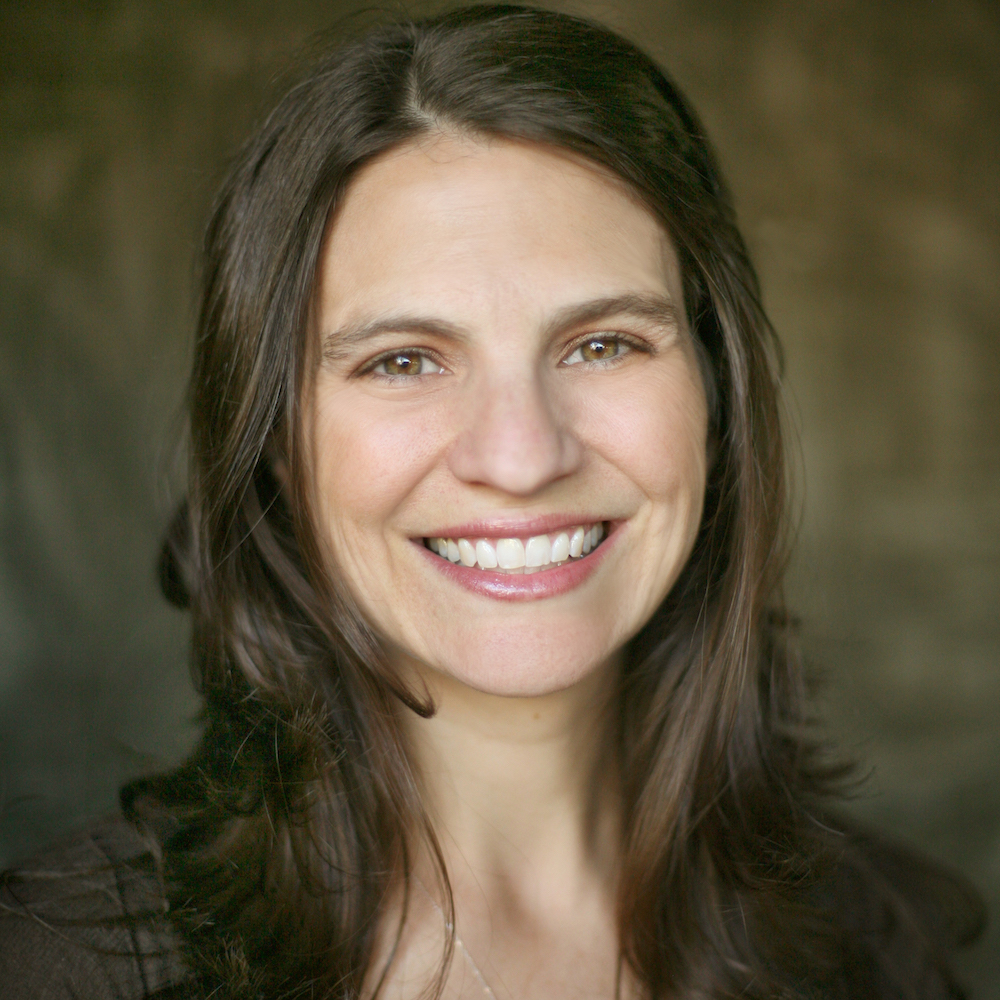






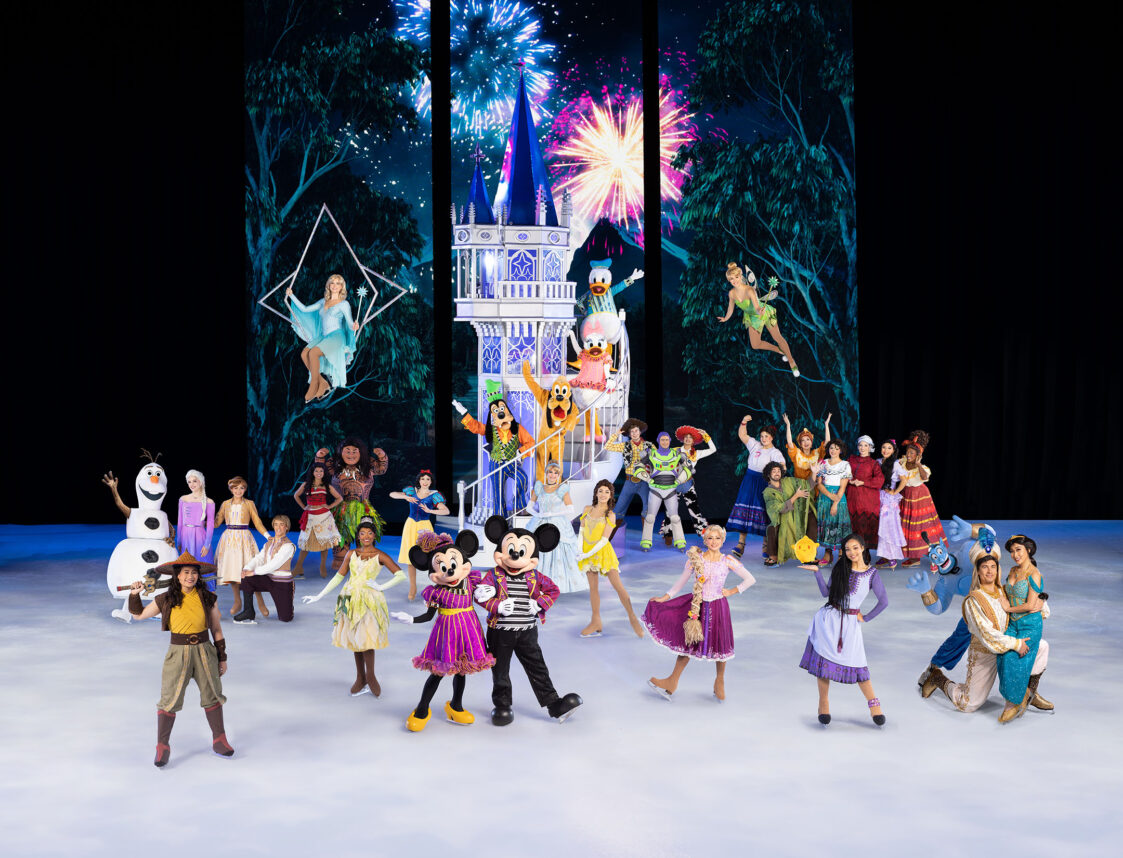
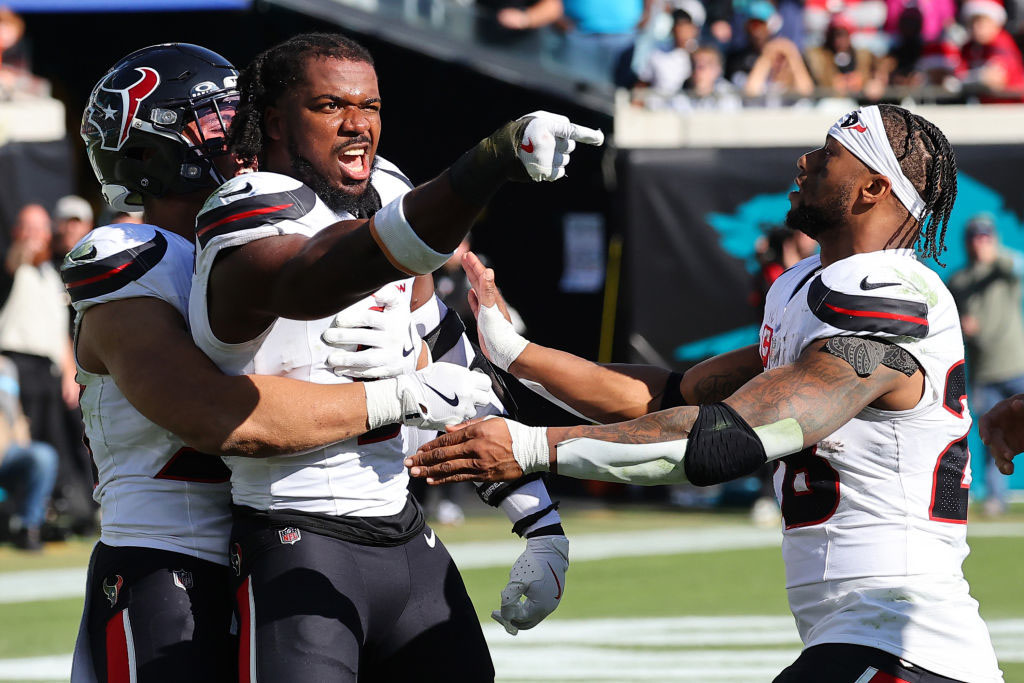
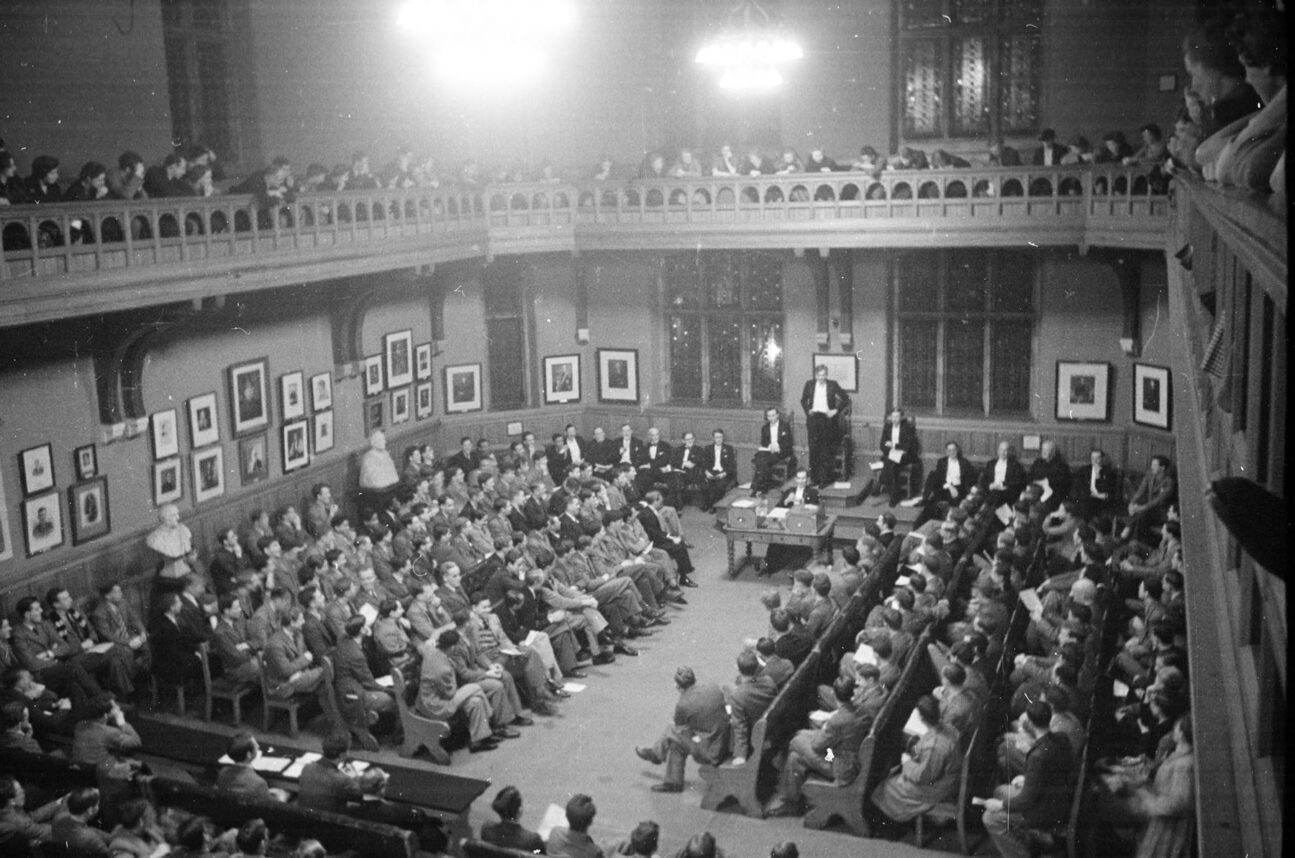
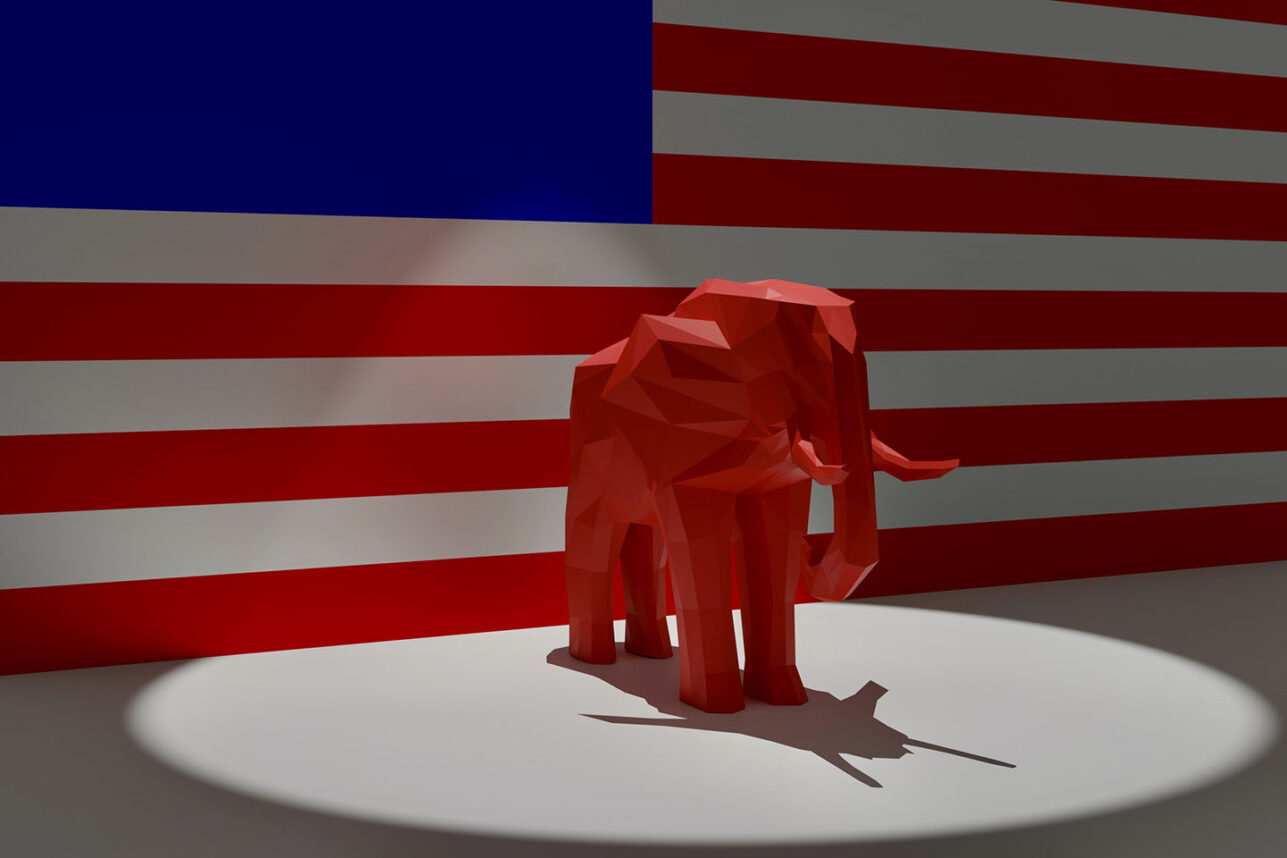











 More news and opinions than at a Shabbat dinner, right in your inbox.
More news and opinions than at a Shabbat dinner, right in your inbox.